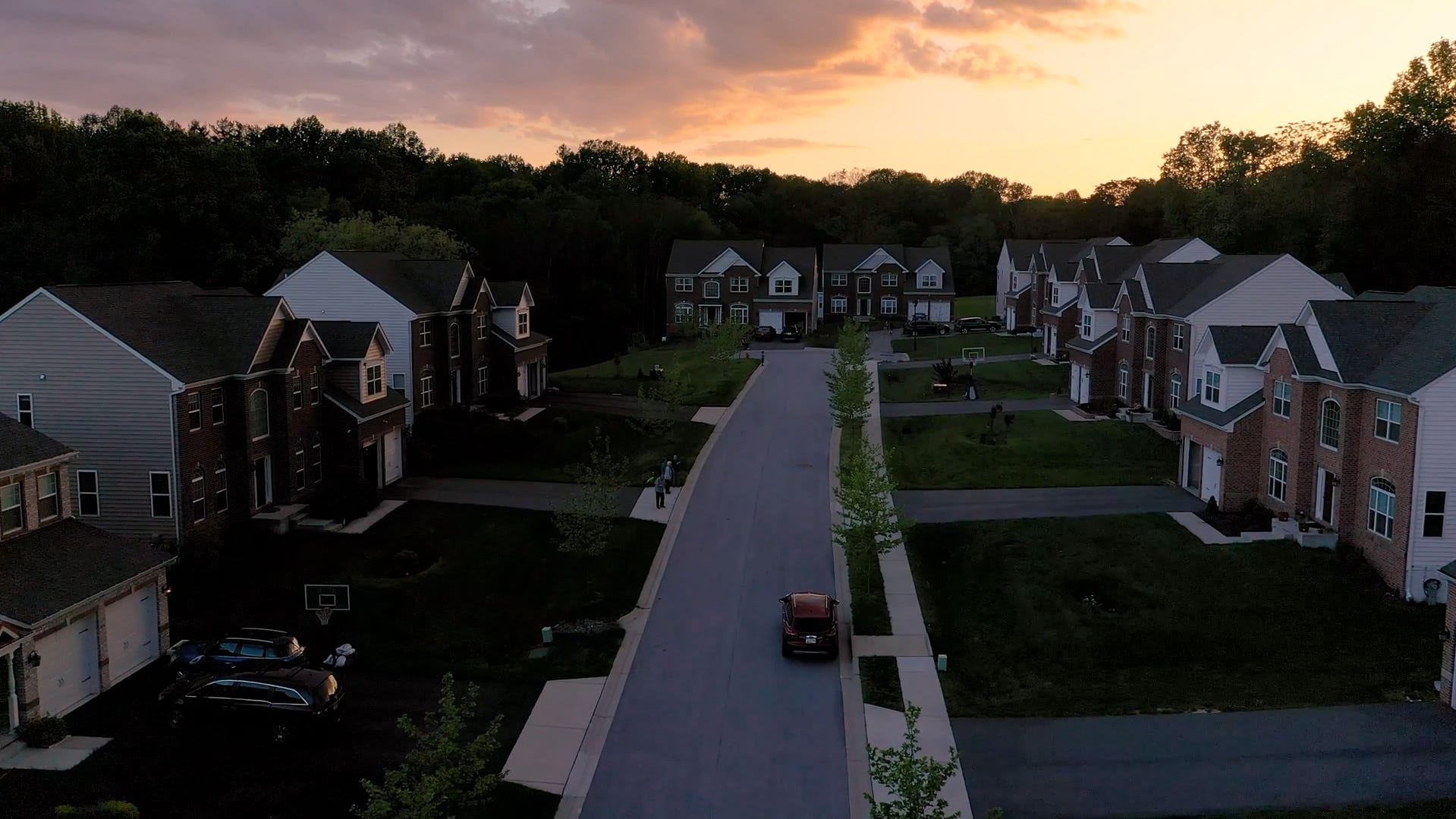
Here’s how to properly calculate your property tax bill
Not sure how to calculate your property tax bill? Here’s how to do it properly.
- In 2023, Davidson County led all Tennessee counties in total property tax per capita at $2,161, according to a Sycamore Institute study of property tax rates and capacity across the state.
- The study argues that a tax rate on its own tells us “very little” about whether residents in a Tennessee county actually pay high or low property taxes overall.
Some Nashvillians are bracing for the prospect of a higher property tax bill this October, but it’s nothing new that Nashville’s property owners have been paying much more per capita compared to other Tennesseans.
For one good example of that disparity, look at Davidson County’s total property tax per capita. In 2023, it was $2,161 — the highest in the state and $568 more than the next closest county.
Those numbers come from the Sycamore Institute, a public policy research center focused on Tennessee, which examined how property tax rates and other measures of property tax capacity changed between 2008 and 2023 across Tennessee’s 95 counties.
The resulting study, released in September, reinforces some realities that Nashvillians are reckoning with now as the process of setting the property tax rate continues — namely, that the tax rate on its own tells us “very little” about whether residents in a county pay high or low property taxes overall.
“When considering if a local government in Tennessee has a high or low property tax, the rate alone provides limited insight,” the study reads. “For example, two counties can raise similar revenue with very different property tax rates due to other variables like property values and the mix of property types.”
Here’s a look at how the Middle Tennessee counties surrounding Nashville compare, along with a look at Tennessee’s other largest cities.
Nashville led all Tennessee counties in property tax per capita in 2023
As the process of approving the city’s budget for the 2026 fiscal year continues, Nashville Mayor Freddie O’Connell has touted that it includes the city’s lowest proposed tax rate in 50 years. But that potential relief has been offset by a record 45% jump in property values on average. That aligns with one of the Sycamore Institute study’s key arguments: A low tax rate on its own can’t tell the whole story of property tax burden in a community.
In much the same way, the study’s statistics on total property tax per capita don’t explain the precise tax burden on every Nashvillian, either. But they do give a good look at the effect on taxpayers’ wallets on average. Here’s how Nashville compares to 12 other counties, including several surrounding Nashville and other notable cities in the state:
- Davidson: $2,161
- Williamson: $1,593
- Shelby: $1,509
- Hamilton: $1,398
- Rutherford: $1,074
- Sumner: $973
- Maury: $964
- Wilson: $964
- Knox: $949
- Robertson: $927
- Montgomery: $894
- Cheatham: $807
- Dickson: $746
It’s important to note that Davidson County has one key difference compared to most of the state — it’s one of only three counties with a combined county and city government. Nashvillians get one property tax bill, rather than one from the county and one from the city. The figures listed above do incorporate taxes collected by both the county and the municipalities within that county.
Davidson County was also near the top of the list more than a decade ago. Fifteen years earlier, the study showed that Nashville’s total property tax per capita was $1,714, which was the second-highest in the state behind Shelby County, home to Memphis and the largest county in the state.
Nashville’s spike in property values also isn’t restricted to the present day. Over that same period, the market value per capita of a Davidson County home has exploded by more than $161,000, according to the study. That comfortably leads the rest of the state, with only Williamson County coming close at a more than $156,000 change since 2008.
It’s also worth noting that a large portion of Davidson County’s market value comes from commercial properties, which are assessed at a higher rate than residential properties. In 2023, commercial properties accounted for 40% of the county’s market value, according to the study.
They also boomed in value over the 15-year range in the study — from 2008 to 2023, the Sycamore Institute found that the total market value of Davidson County’s commercial property exploded by 230%, bested only by Sevier and Trousdale counties over the same period.
When will we know the final tax rates for this year?
Probably not for several more weeks.
Right now, the budget is in the hands of the Metro Nashville Council, which has the final say on what gets funded in the next fiscal year — and whether to stick with the mayor’s recommended property tax rate or go in a different direction.
The council’s discussion about the budget is still in its early stages. So far, the group’s Budget and Finance Committee has been hearing out city departments’ requests for additional funding as part of daily budget hearings. And the budget itself made its first of three appearances on a council agenda on May 20.
The council has until the end of June to approve Nashville’s new budget, as the new fiscal year begins July 1.
Austin Hornbostel is the Metro reporter for The Tennessean. Have a question about local government you want an answer to? Reach him at ahornbostel@tennessean.com.
Get Davidson County news delivered to your inbox every Wednesday.




